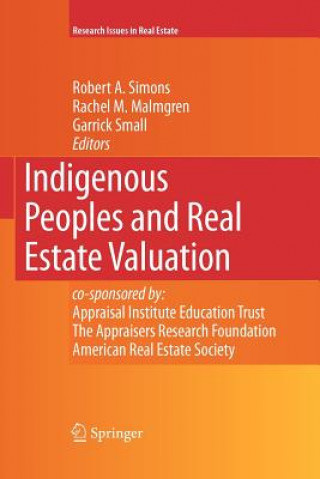
Code: 01423063
Indigenous Peoples and Real Estate Valuation
by Robert A. Simons, Rachel M. Malmgren, Garrick Small
Sponsored by the American Real Estate Society (ARES), Indigenous Peoples and Real Estate Valuation addresses a wide variety of timely issues relating to property ownership, rights, and use, including: ancestral burial, historical ... more
- Language:
 English
English - Binding: Paperback
- Number of pages: 290
Publisher: Springer-Verlag New York Inc., 2010
- More about this

142.80 €

Low in stock at our supplier
Shipping in 13 - 16 days
Potřebujete více kusů?Máte-li zájem o více kusů, prověřte, prosím, nejprve dostupnost titulu na naši zákaznické podpoře.
Add to wishlist
You might also like
-

Go Jimmy Go!
18.85 € -

Jugend und Jazz
22.08 € -
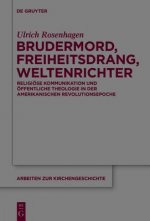
Brudermord, Freiheitsdrang, Weltenrichter
201.91 €
Give this book as a present today
- Order book and choose Gift Order.
- We will send you book gift voucher at once. You can give it out to anyone.
- Book will be send to donee, nothing more to care about.
More about Indigenous Peoples and Real Estate Valuation
You get 358 loyalty points
 Book synopsis
Book synopsis
Sponsored by the American Real Estate Society (ARES), Indigenous Peoples and Real Estate Valuation addresses a wide variety of timely issues relating to property ownership, rights, and use, including: ancestral burial, historical record of occupancy, treaty implementation problems, eminent domain, the effects of large governmental change, financing projects under formal and informal title or deed document systems, exclusive ownership vs. non-exclusive use rights, public land ownership, tribal or family land claims, insurgency and war, legal systems of ownership, prior government expropriation of lands, moral obligation to indigenous peoples, colonial occupation, and common land leases. These issues can also be broadly grouped into topics, such as conflict between indigenous and western property rights, communal land ownership, land transfer by force, legacy issues related to past colonization and apartheid, and metaphysical/indigenous land value.When two or more systems of property ownership or rights come together, issues and even conflicts are bound to surface. In many parts of the world, particularly in developing countries, this is becoming a larger problem, while in other parts of the world the conflicting viewpoints have long co-existed, but reparation of past conflicts has more recently become a pressing matter. §Sponsored by the American Real Estate Society (ARES), Indigenous Peoples and Real Estate Valuation addresses a wide variety of timely issues relating to property ownership, rights, and use, including: ancestral burial, historical record of occupancy, treaty implementation problems, eminent domain, the effects of large governmental change, financing projects under formal and informal title or deed document systems, exclusive ownership vs. non-exclusive use rights, public land ownership, tribal or family land claims, insurgency and war, legal systems of ownership, prior government expropriation of lands, moral obligation to indigenous peoples, colonial occupation, and common land leases. These issues can also be broadly grouped into topics, such as conflict between indigenous and western property rights, communal land ownership, land transfer by force, legacy issues related to past colonization and apartheid, and metaphysical/indigenous land value. §Covering contemporary practices around the world, this volume features research from an international array of authors, exploring the economic, demographic, political, legal, and cultural dimensions of property ownership and the conflicts that emerge when systems clash. Including in-depth case studies and policy recommendations, this volume will be a valuable resource for government leaders and economic policymakers, urban planners and property developers, advocates of indigenous people s rights, lenders, and other industry professionals. §"Indigenous Peoples and Real Estate Valuation is a great beginning for a more methodological way of understanding and being able to deal with people s right to land. The study is important in that it clarifies that the majority of the people of the world do not adhere to the western method of land rights, thus raising the question: Who is right? Is it the indigenous people of the world or the "deeded" people of the western world? If one steps back a bit from all this and realizes that this world was created for your use and we actually leave this world with nothing, even if we owned large parcels of land, then we might realize that we need to learn from the different indigenous peoples of the world how to use this land and leave it for future generations."§Aly KaramSchool of Architecture and PlanningUniversity of the Witwatersrand
 Book details
Book details
Book category Books in English Society & social sciences Society & culture: general Social groups
142.80 €
- Full title: Indigenous Peoples and Real Estate Valuation
- Author: Robert A. Simons, Rachel M. Malmgren, Garrick Small
- Language:
 English
English - Binding: Paperback
- Number of pages: 290
- EAN: 9781441946072
- ISBN: 1441946071
- ID: 01423063
- Publisher: Springer-Verlag New York Inc.
- Weight: 480 g
- Dimensions: 235 × 155 × 17 mm
- Date of publishing: 12. February 2010
Trending among others
-

Women Who Run with the Wolves
9.87 € -12 % -

Think Like a Monk
14.51 € -29 % -

Women Who Run With The Wolves
13.81 € -29 % -

Hillbilly Elegy
12.60 € -36 % -
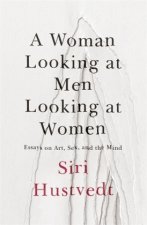
Woman Looking at Men Looking at Women
12.19 € -27 % -

Second Sex
15.12 € -4 % -

Tom of Finland. The Complete Kake Comics
21.07 € -
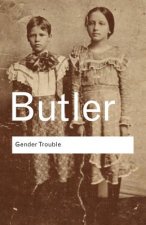
Gender Trouble
27.12 € -
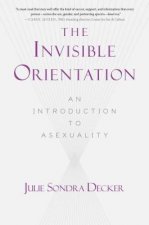
Invisible Orientation
13.71 € -24 % -
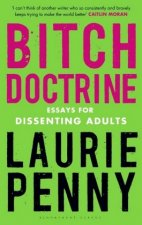
Bitch Doctrine
9.47 € -26 % -

Politics of Reality
11.69 € -23 % -

Mary Poppins, She Wrote
15.42 € -18 % -
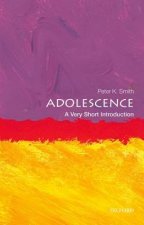
Adolescence: A Very Short Introduction
9.47 € -18 % -
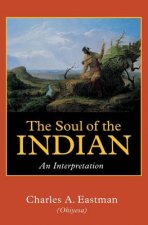
Soul of the Indian
10.88 € -22 % -
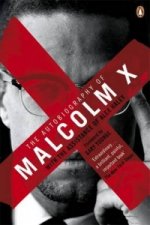
Autobiography of Malcolm X
13.30 € -28 % -
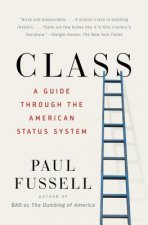
Class
15.42 € -18 % -
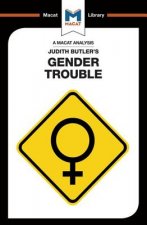
Analysis of Judith Butler's Gender Trouble
8.06 € -15 % -
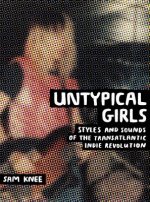
Untypical Girls
30.35 € -4 % -

Manipulated Man
14.21 € -16 % -

Iron John
15.72 € -25 % -

Goddesses in Everywoman
12.19 € -22 % -
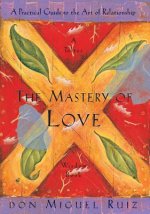
The Mastery of Love
12.29 € -19 % -

The Way of Men
14.51 € -14 % -
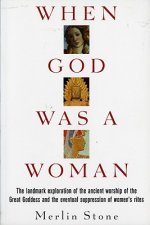
When God Was A Woman
19.56 € -2 % -

The Autobiography of Malcolm X
10.48 € -7 % -

The Velvet Rage
16.23 € -23 % -

Lean In
12.80 € -23 % -
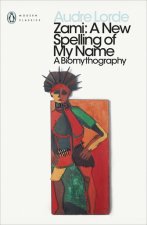
Zami
10.08 € -24 % -

Who Cooked the Last Supper?
19.76 € -6 % -

Desert Flower
10.08 € -24 % -

Humans of New York
25.71 € -16 % -
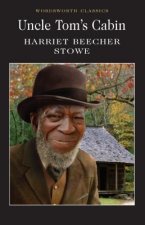
Uncle Tom's Cabin
4.83 € -19 % -
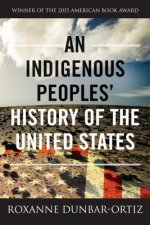
Indigenous Peoples' History of the United States
15.32 € -15 % -
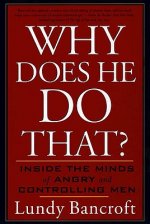
Why Does He Do That?
16.43 € -18 % -

Deepest Well
16.43 € -18 % -
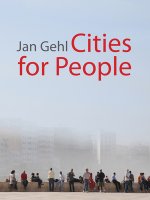
Cities for People
62.72 € -2 % -

Story of the Jews
13.10 € -17 % -
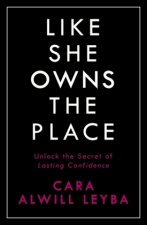
Like She Owns the Place
17.24 € -28 % -

Hillbilly Elegy
20.97 € -32 % -
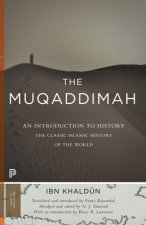
Muqaddimah
21.57 € -16 % -

Autobiography of Malcolm X
10.18 € -23 % -

Male Brain
12.40 € -21 % -
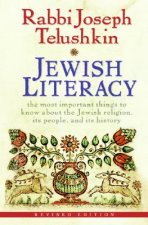
Jewish Literacy
32.37 € -24 % -
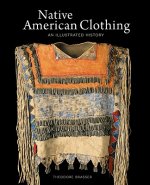
Native American Clothing
55.46 € -14 % -

Freedom Writers Diary
14.31 € -14 % -

Qur'an
30.15 € -28 % -

Nice Girls Don't Get The Corner Office
9.77 € -24 % -

The Male Nude
18.25 € -9 % -
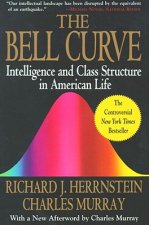
The Bell Curve
17.34 € -27 %
Collection points Bratislava a 2642 dalších
Copyright ©2008-24 najlacnejsie-knihy.sk All rights reservedPrivacyCookies


 15549 collection points
15549 collection points Delivery 2.99 €
Delivery 2.99 € 02/210 210 99 (8-15.30h)
02/210 210 99 (8-15.30h)